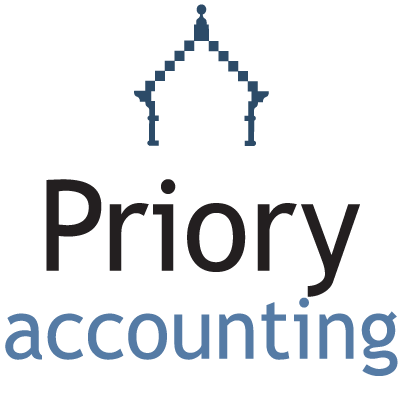Annual Accounts
By Roddy GrahamPreparing your company's annual accounts could be a daunting and time consuming task. We’re here to make sure that is not the case. The short guide below should help you understand your obligations as a business owner. You can choose how much you wish to undertake yourself, we can do the rest. Irrespectively, Priory Accounting will help you remain compliant at all times, without the stress. You can get in touch here or call 01383 620050.
-
Legal requirements
Ultimately, the business owner is legally responsible for ensuring the accuracy of the accounts and that they are submitted on time (within nine months of your company's year end). The accounts you submit to HM Revenue & Customs (HMRC) with your corporation tax return form will become the benchmark for the company's tax calculations each year. As a limited company, you must also make sure your accounts are publicly available by filing them with Companies House.
-
Financial statements
The financial information in a company's annual accounts is referred to as financial statements. The Companies Act sets out how the accounts should be presented and the format must comply with UK accounting standards, which also dictate how certain transactions should be classed.
-
Accounting records
For small businesses, the minimum accounting records would be:
- Bank statements, cheque books and paying-in books
- Original invoices for all purchases and copy invoices for sales
- PAYE records
- VAT records if you are registered
- Stock or uncompleted work at year end
- A schedule of fixed assets
-
Purchases and sales
Your accounting records should be clear and logical with all entries cross-referenced.
-
Stock and uncompleted work
Stock value is a key element for all businesses, whether you are a retailer or a service provider. The cut-off between stock, purchases and sales is one of the main areas for potential errors.
-
Fixed assets
Businesses need to keep a fixed assets register, which details all the assets that they own. Generally depreciation cannot be offset against tax. Instead, you claim for some assets a capital allowance, using a rate of deduction which is fixed by HMRC.
-
Employees
The business is liable for incorrectly deducted tax and National Insurance, not the employee so keep records for all payroll and expense claims.
Management Accounts
If you need regular summarised accounting data (balance sheet, cash flow and incomes statements) prepared for presentation /to the board, bank or management team, we can help. Management Accounts provide timely and key financial and statistical information to help with day to day and short term decisions.




